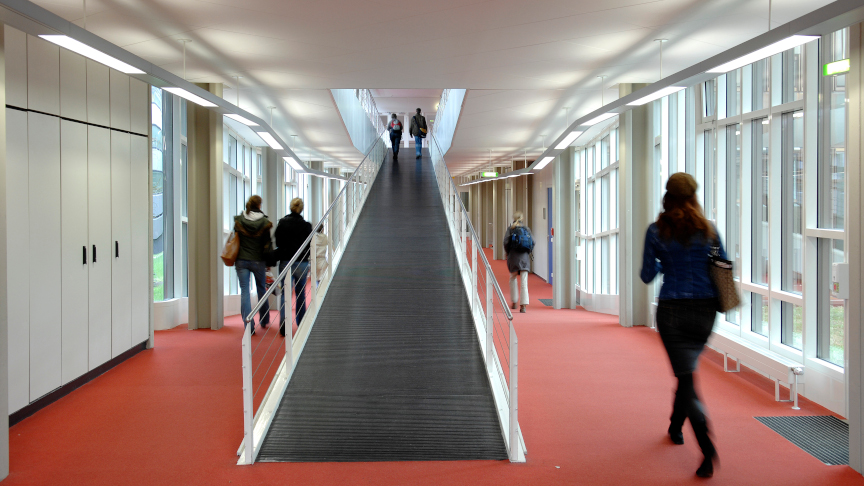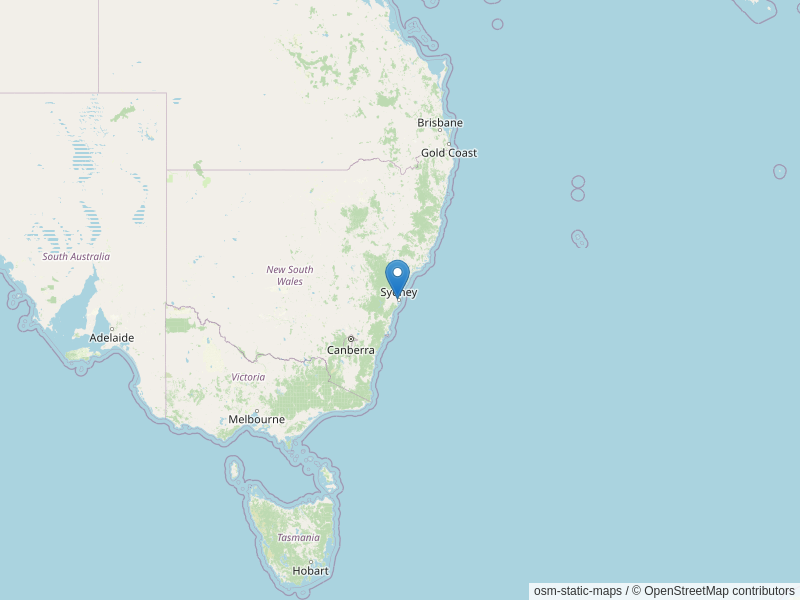University landscape & General advice for cooperation

German Universities: Strong Partners for Cooperation
Germany is one of the most attractive study destinations in the world. German HEIs are renowned in areas of university cooperation, particularly as concerns potential for innovation, secular tradition, engagement with international cooperation and a focus on internationalization.
The German university system is highly. There are three kinds of HEIs in Germany; Universities, Applied Science Universities focusing on applied research (Fachhochschulen) and Art and Music Academies (Kunst- und Musikhochschulen). Most HEIs are funded through public financing, and thus are subject to State-run quality control systems. More information available at the Higher Education Compass portal.
Steps to Establish Cooperation with German Universities
Step 1: Determine the cooperation objective of the foreign HEI
The objective to follow must be set forth at the beginning of a cooperative endeavor. One begins by defining:
- The field(s) of expertise involved, bearing in mind areas of shared and own interest of the HEI.
- The academic level, whether study, research and/or teaching.
- The goals to attain, such as increasing the number of German students and/or researchers at a given institution or vice versa, complementing study programs with subjects taken via online German HEI platforms, collaborative research projects, etc.
- The grounds on which the contact is established with the destination HEI – such as existing cooperation, visits or fellowships of students and/or researchers and/or teachers, and more.
- The duration of the cooperation action.
Lastly, it is important to consider the definition of the objective on an individual basis with each one of the HEIs with which collaboration is desired so as to offer an attractive cooperation project.
Step 2: Identifying possible German partners
There are various paths to embark on to identify possible partners. For example, scientific journals publishing articles written by German researchers in their field of specialization can offer an initial contact. Another idea is to identify in your own institutions former DAAD scholarship or fellowship recipients and/or graduates of German HEIs and take advantage of their direct contact with German members of academia.
Yet another option would be to use Internet search engines, i.e.:
- Higher Education Compass: Provides information and links to all State HEIs or others recognized by the German State; discusses study and research possibilities as well as international cooperation agreements.
- German Research Institutions (GERiT): Directory of the German Research Foundation (DFG) and DAAD, in cooperation with the German Conference of Deans (HRK) with over 23,000 institutions listed, both universities and other.
- Study in Germany: Official portal of the German Federal Ministry of Education and Research (BMBF) regarding university studies, addressed to international students.
- Research in Germany: Information to encourage innovation and research in Germany. Facilitates understanding the German research system and the financing opportunities available.
Step 3: Contact with German universities
- Identify the person in charge of the internationalization department, the researcher or academic with whom one wishes to establish a relationship for cooperation, or the dean of the faculty in question.
- Draft an email in English or in German. The email should introduce your institution and explain the interest in cooperating with the counterpart, clearly and directly stipulating the cooperation objective sought.
- Maintain contact after the first email. Follow up on the specification of priorities and guidelines proposed for cooperation, as well as other aspects as deemed necessary.
Find Funding
DAAD has a broad array of possibilities to establish or foster collaboration between foreign and German HEIs, at both the individual and institutional levels.
More information can be found in the daad.de funding database (only in German).





